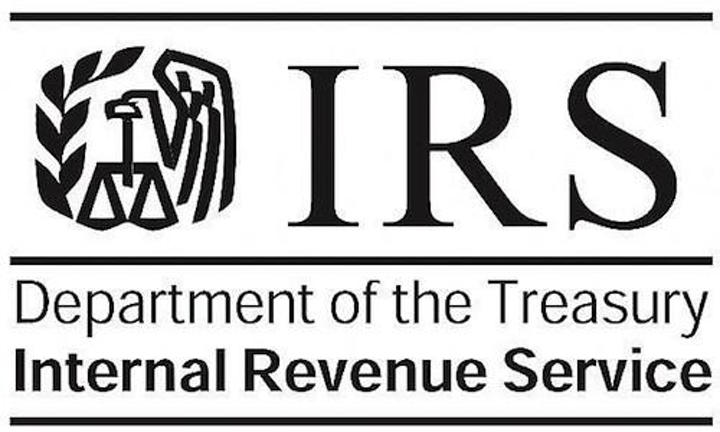IRS Seeks to Limit Minority-Interest Estate Tax Moves
-
TaxWealth
-
Mar 01, 2020

For years the IRS has been asking Congress to close a number of loopholes in tax law through which savvy estate planners and lawyers have been successfully structuring family estates to minimize estate taxes on inherited business interests.
Congress has not acted, perhaps at the behest of small business-owning constituents in favor of the current rules.
One particular loophole that is under the IRS and Treasury Department microscope is the practice of restructuring a family business just before the majority owner dies so that inheriting family members receive a “minority interest” in the family business. The IRS has proposed rules to limit this practice.
Why is it advantageous to receive a minority interest?
First, let’s define “minority interest.” It simply means that the holder of the interest (shares in the company, if you will) owns less than 50% of the enterprise. This implies a lack of ability to control the direction of the business. By contrast, an individual owning over 50% has the controlling interest, and can make decisions for the business over the objections of minority partners.
This perceived lack of control devalues the market value of the minority ownership share.Here is a short definition of a “minority discount” from Investopedia:
“A minority discount is the reduction applied to the valuation of a minority equity position in a company due to the absence of control. Minority shareholders usually have the inability to dictate the future strategic direction of the company, the election of directors, the nature, quantum and timing of their return on investment, or even the sale of their own shares. This absence of control reduces the value of the minority equity position against the total enterprise value of the company.” (My emphasis.)
Owners of stock in public companies have their minority discount baked into their stock price, so there is no need to calculate what it might be. This is also why a corporation buying out another corporation often times pays a premium over the current stock price to gain that controlling interest.
Privately held firms, however, could have minority and majority shareholders. If the minority shareholder wants to sell out, an independent business appraiser would value that share at a discount of, say, 15-25% versus the value of the majority shareholders stake, pro-rated for ownership percentage.
So if a person inherits a minority interest in a business, it would be valued at a lower price, and taxed on that lower amount. In estate planning, if a family business is owned by one main family member, and upon death his or her ownership passes to children or other family members, it is currently possible to sell a small percentage of the company to another family member just before the majority owner passes away. This would be done to reduce that person’s share to just under 50%. This in effect shaves 15-25% off the estate tax bill on any amount over the estate and gift tax exemption, currently at $11.58 million, and twice that sum for a married couple.
The IRS hates those maneuvers, and wants to limit their scope by adding “look back” provisions to the tax code. That would allow auditors to look back at ownership transactions that occurred around the time of death and assess whether the changes to ownership were done to avoid inheritance taxes. The proposed rule changes would allow the IRS the ability to look back three years (the standard statute of limitations on most tax return audits) to look for any such activity and reassess the tax due.
These new standards would go into effect 90 days after they are approved.
Once again, the message is clear: “Plan ahead!” Understand when new rules might take effect, and consider whether a change in ownership structure should take place before any new regulation is enforced.
If you own a business that is worth much more than $11.58 million (you should have your business appraised for tax planning purposes anyway), you need to take steps now to protect the value of the business that you wish to leave to your heirs.